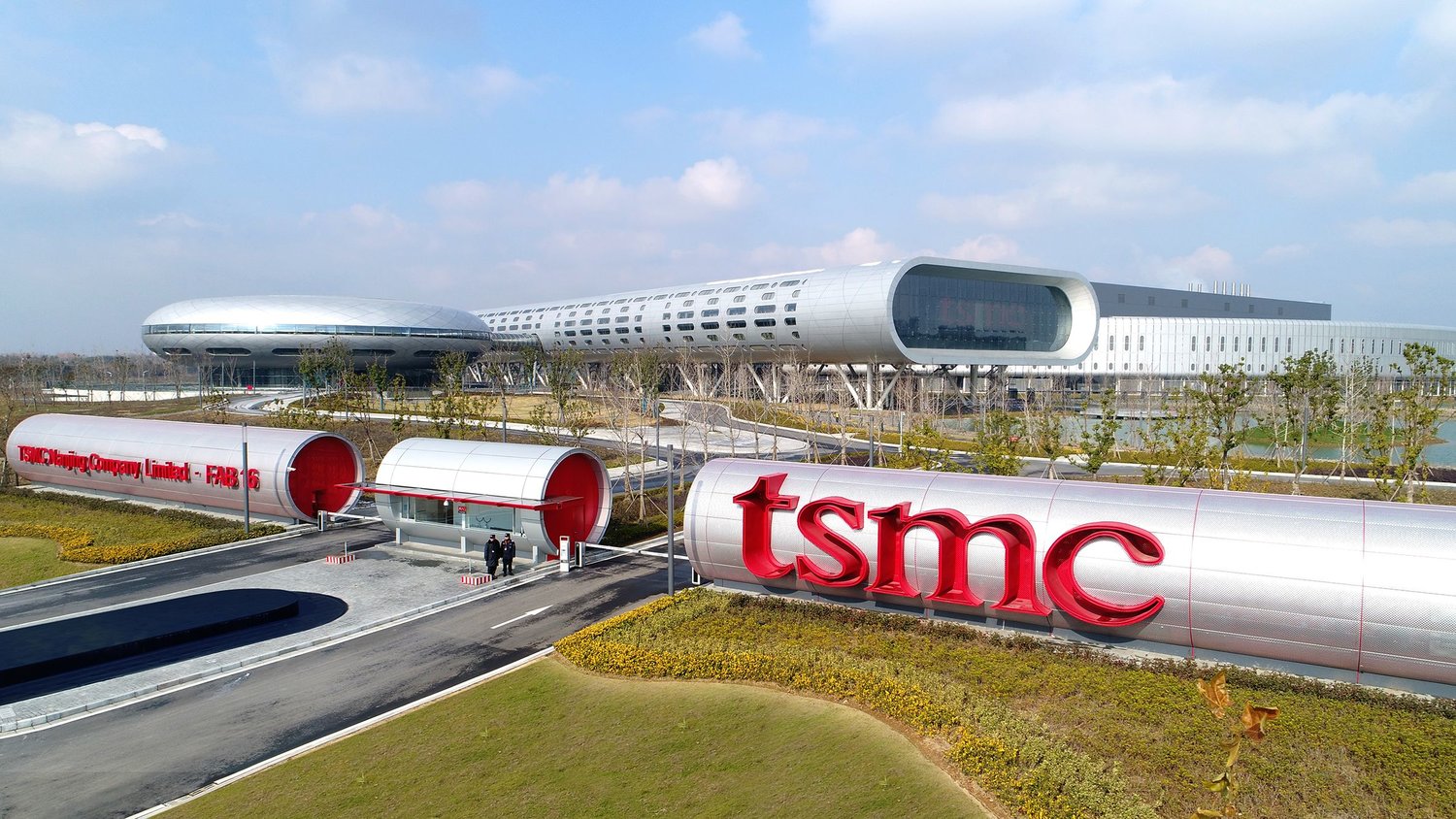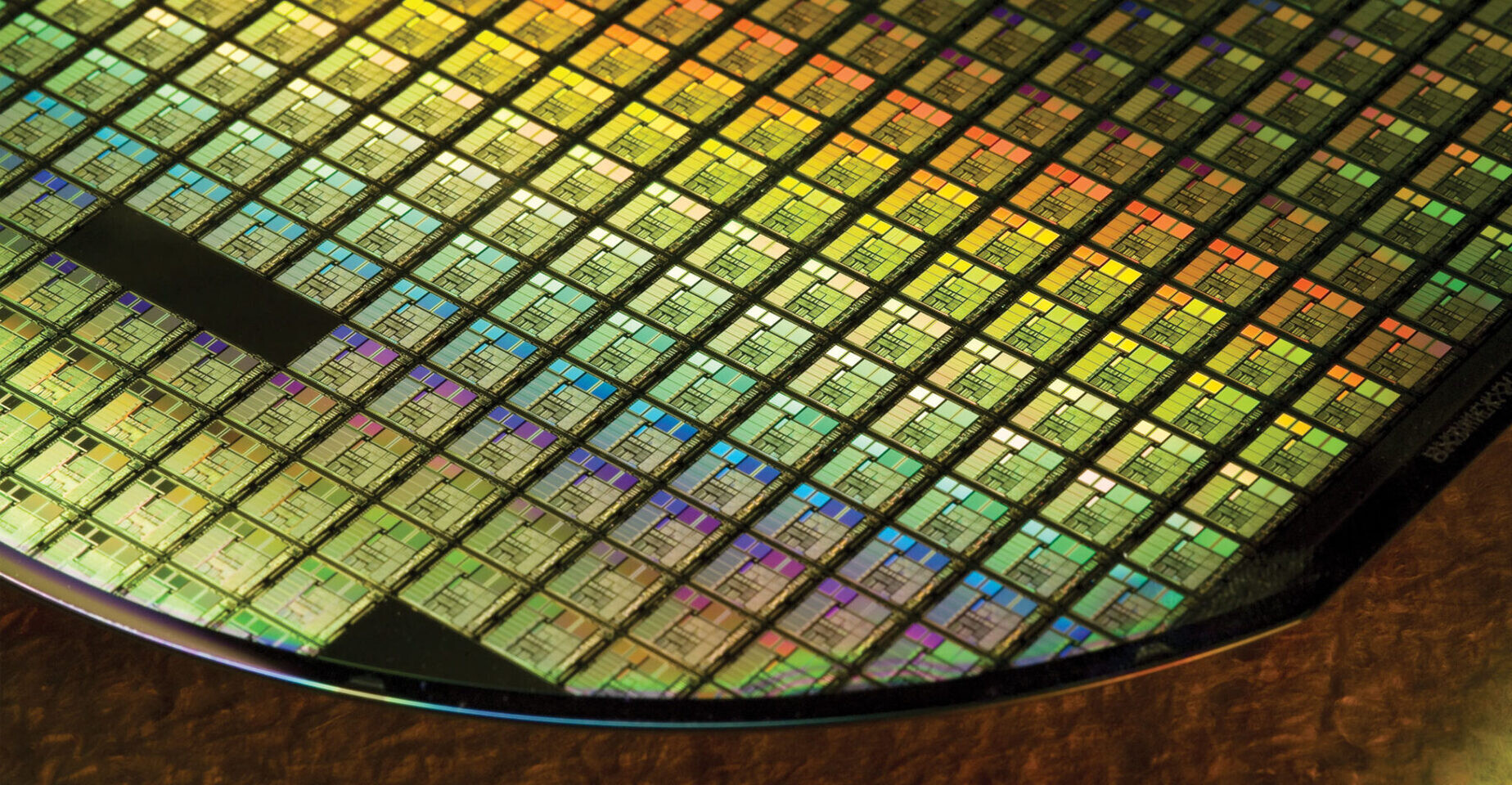TSMC to Employ 4nm Production in its Arizona Facility, Will be Operational in 2024

As was previously reported, Apple has been pressuring TSMC to start manufacturing some of its more sophisticated processors in the United States. This would provide Apple the chance to make the first-ever claim that its products use silicon developed in the United States. This will indeed happen, according to a new report, but in contrast to earlier reports, TSMC won’t initially be producing 3nm chips. It will instead concentrate on its N4 process, which should be operational in 2024.
In 2024, 4nm chips will be produced at TSMC’s $12 billion semiconductor factory, claims Mark Gurman of Bloomberg. The facility is currently being built, and it’s scheduled to open in 2024. TSMC’s Arizona plant was initially intended to start producing 5nm chips. However, under pressure from Apple and other businesses, TSMC is willing to start producing 4nm circuits right now.

Apple’s most recent processors are now made using a 5nm technology. Future adoption of 4nm and 3nm processors by the firm will improve performance and increase energy efficiency. For its M-series and A-series CPUs, which will power the next iPhone, iPad, Mac, and other Apple gadgets, the firm is believed to employ 4nm and 3nm chips. The Arizona facility said to make its intentions public next week at a news conference with President Joe Biden and Secretary of Commerce Gina Raimondo. Tim Cook, the CEO of Apple, will also attend the event.
With its latest foundry, TSMC is reportedly just making small steps. Only 20,000 wafers will allegedly be produced each month, with Apple reportedly claiming around a third of that total production. The most recent information confirms the “PR stunt” claim since TSMC presently manufactures 1.3 million wafers per month from its Taiwan plants. However, it will provide businesses access to cutting-edge node-making chips in the United States. Additionally, TSMC will be constructing a second facility close by that will eventually handle some 3nm manufacturing. No timetable was provided, however, for when that plant might start producing.
With this plan, TSMC will create some of its most cutting-edge devices for the first time outside of Taiwan. This will probably provide the business some resilience in the event of a Chinese invasion of Taiwan, which is the worst-case scenario. Additionally, the US government enacted the CHIPS Act earlier this year to support initiatives made by US semiconductor manufacturers which will boost the company’s revenue.





